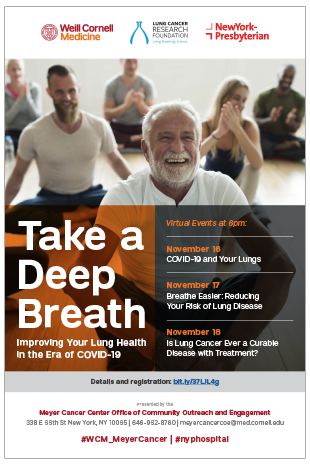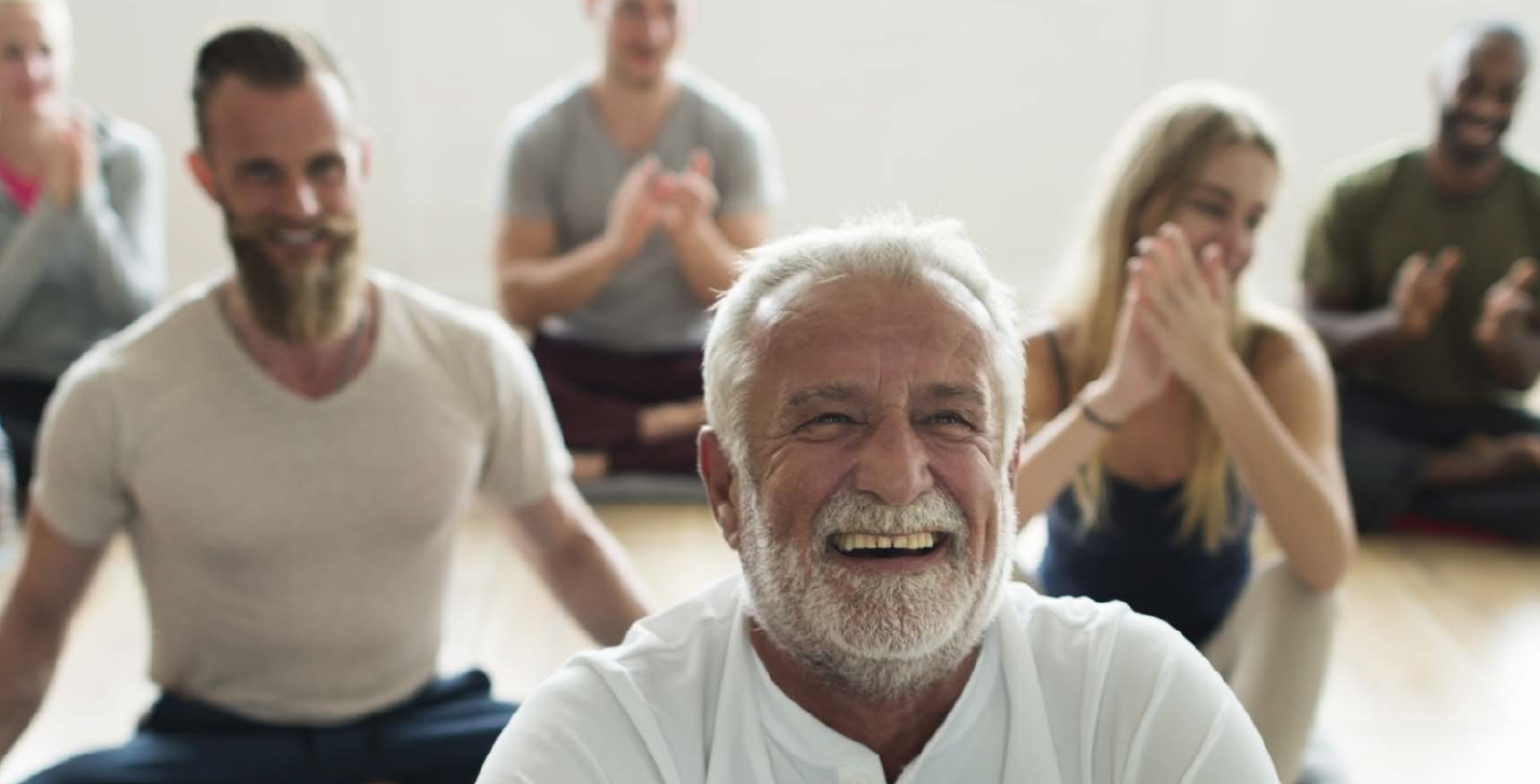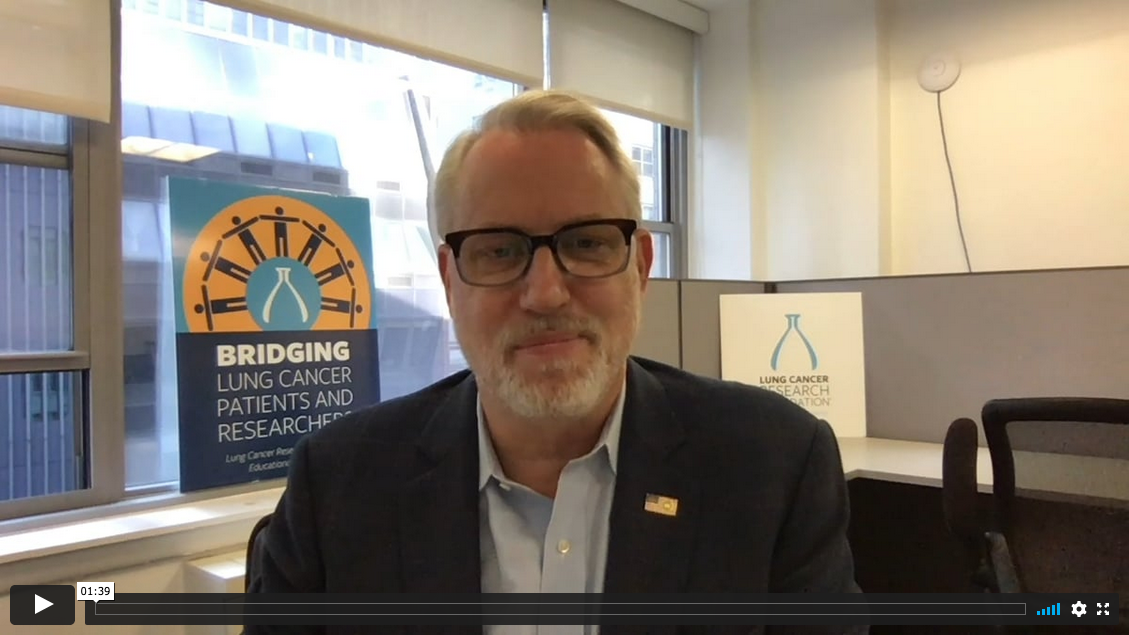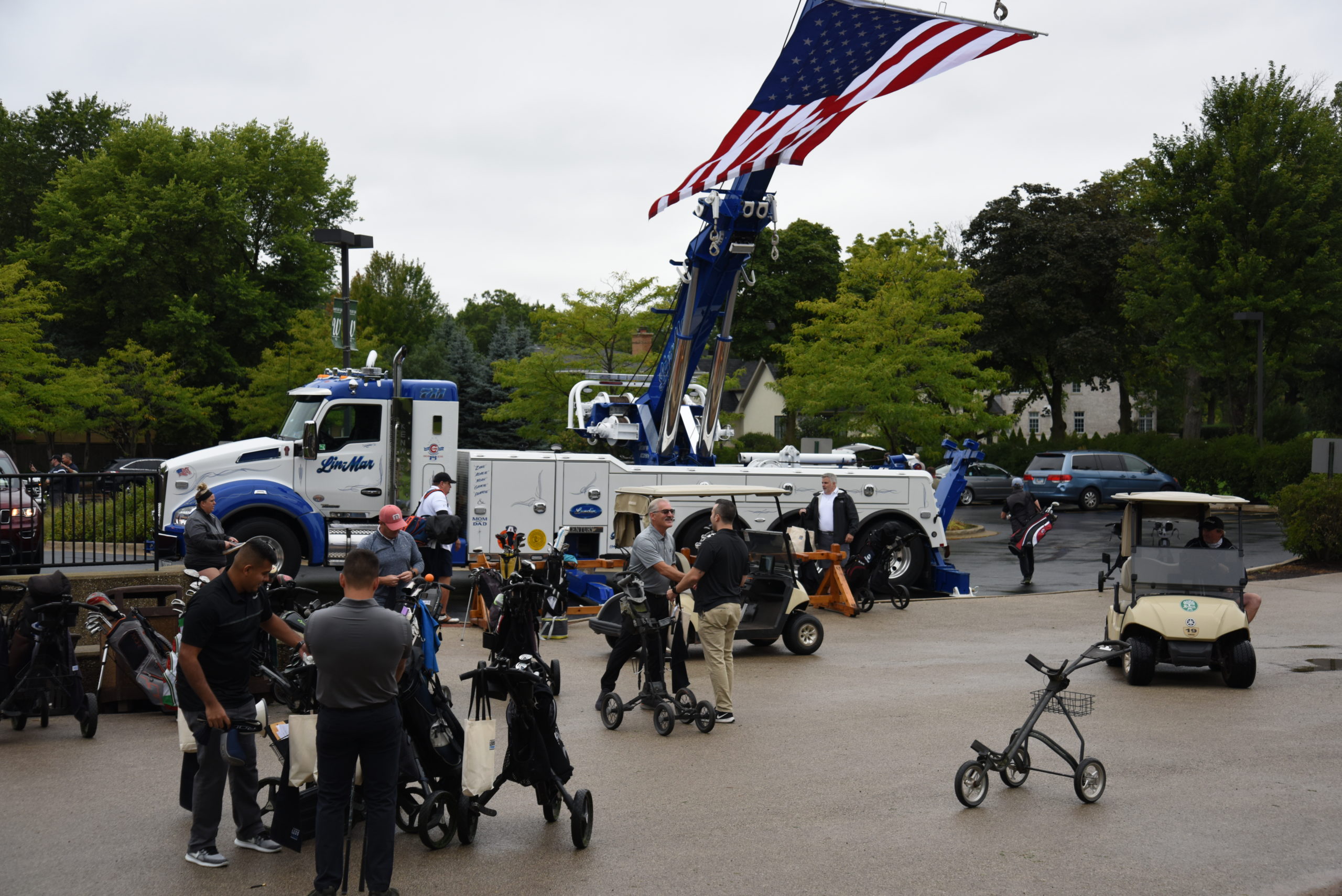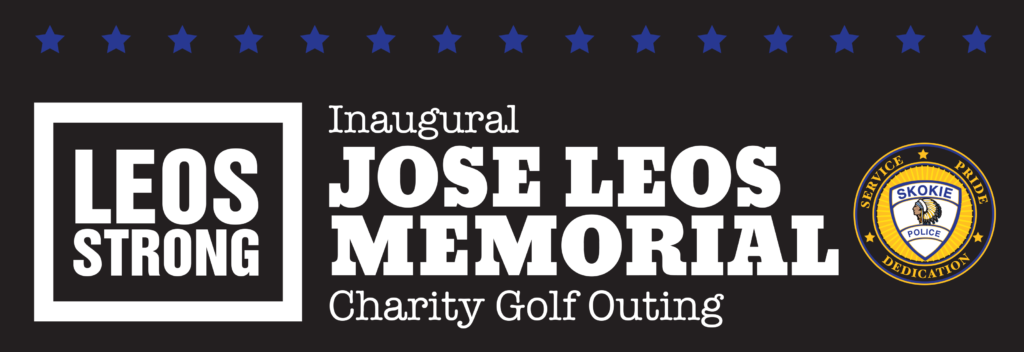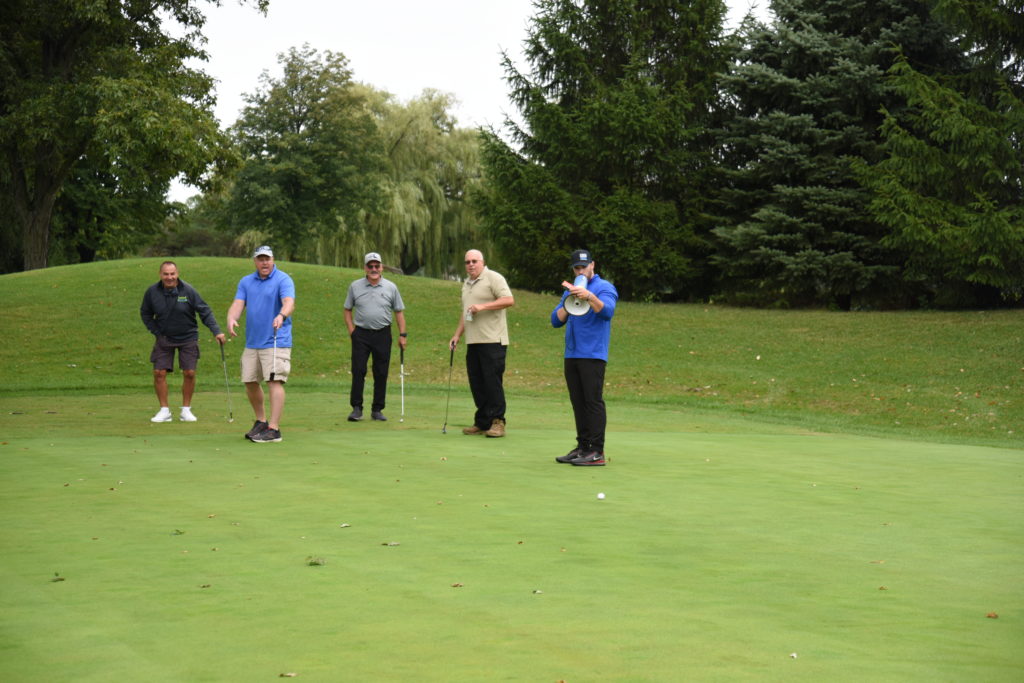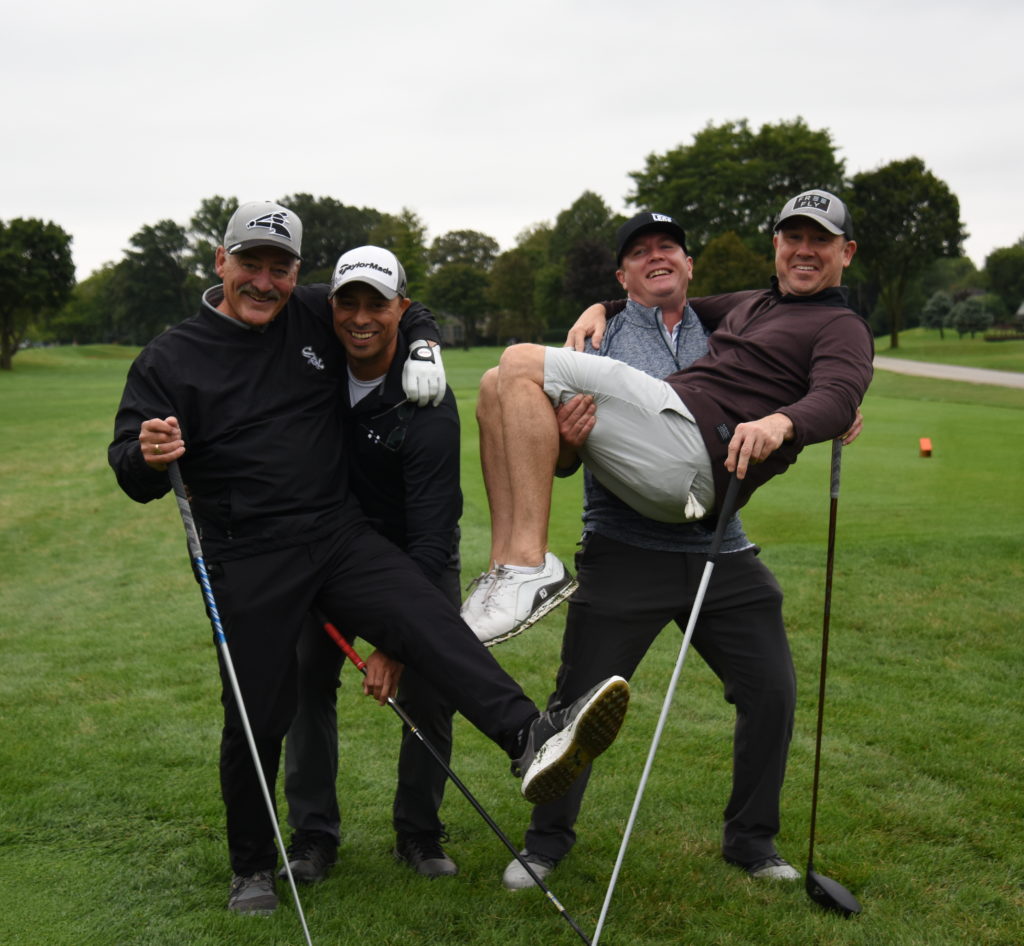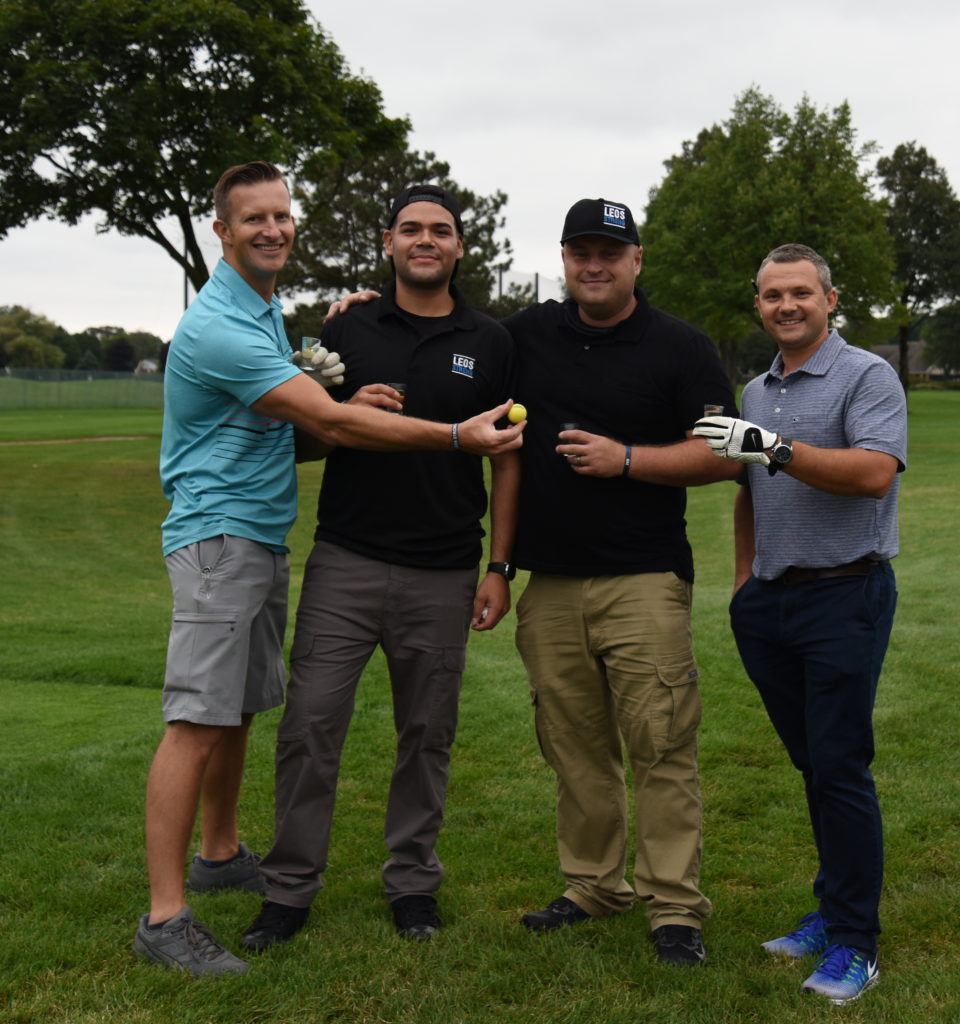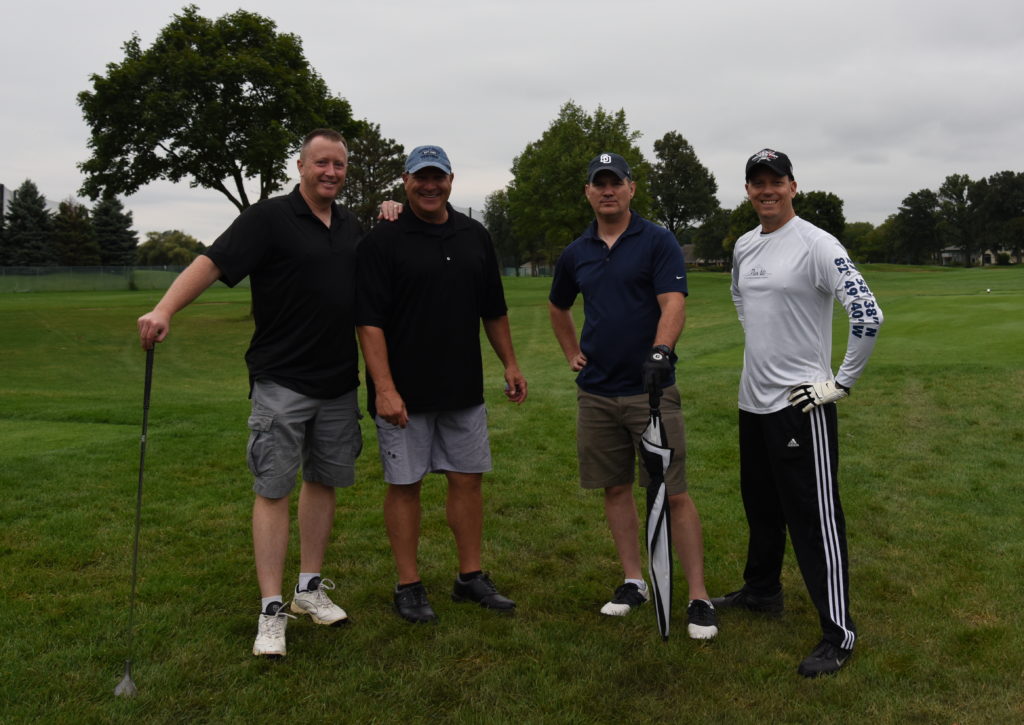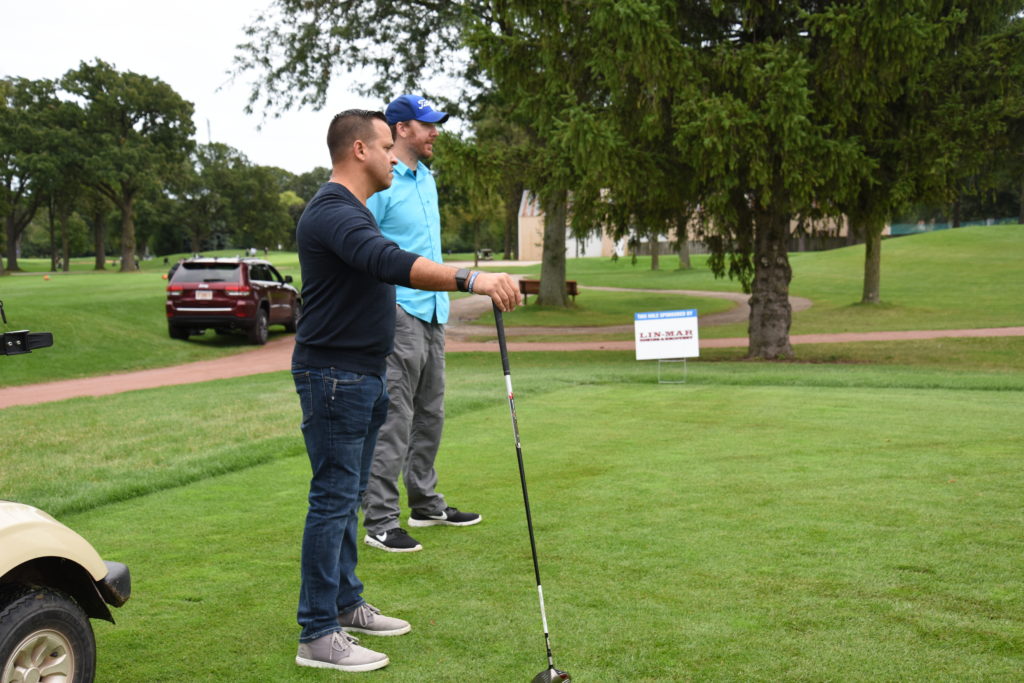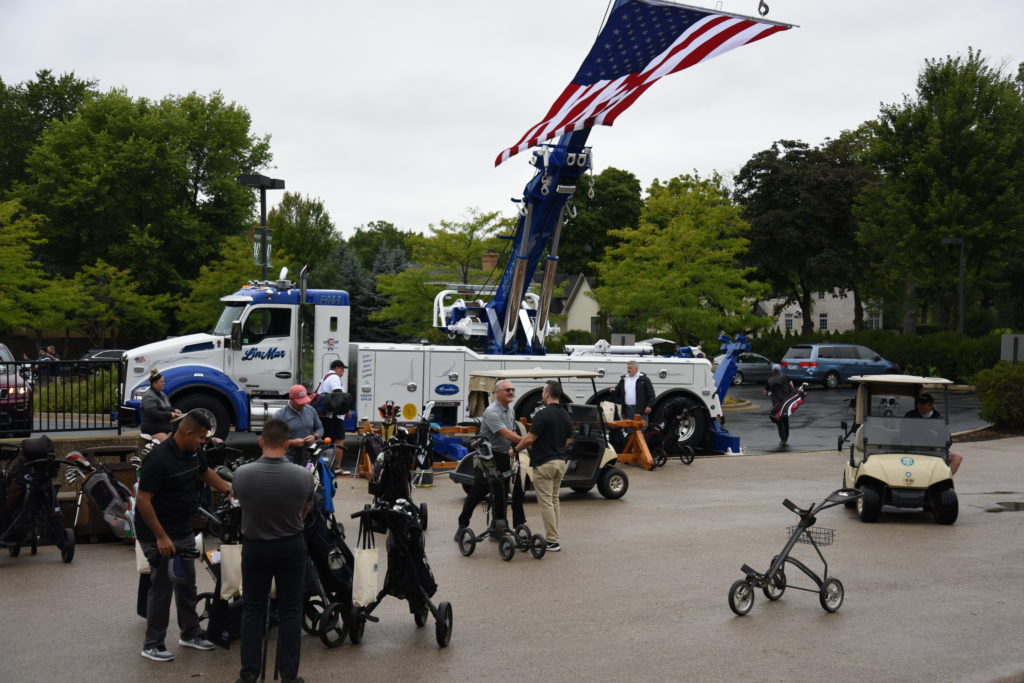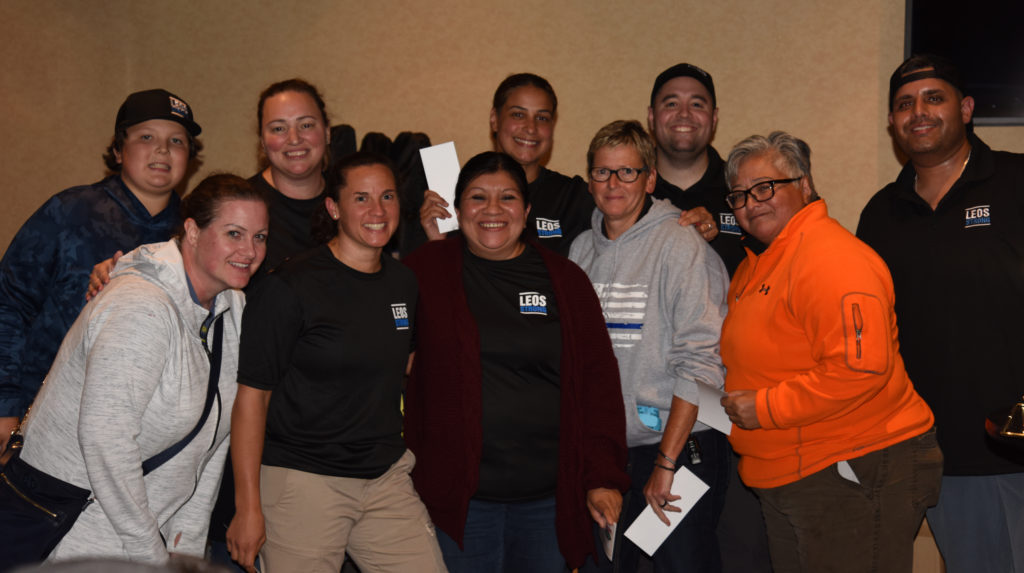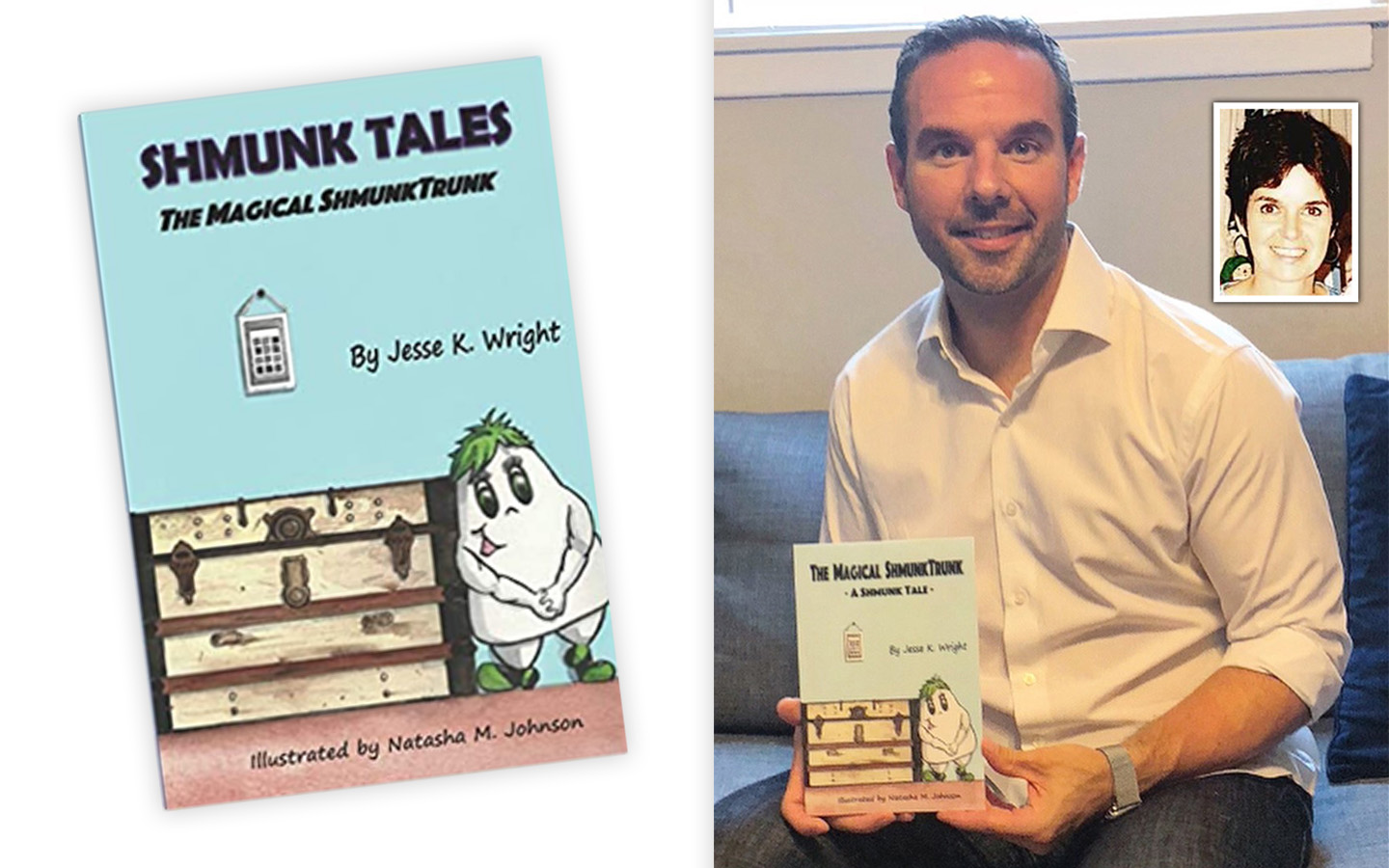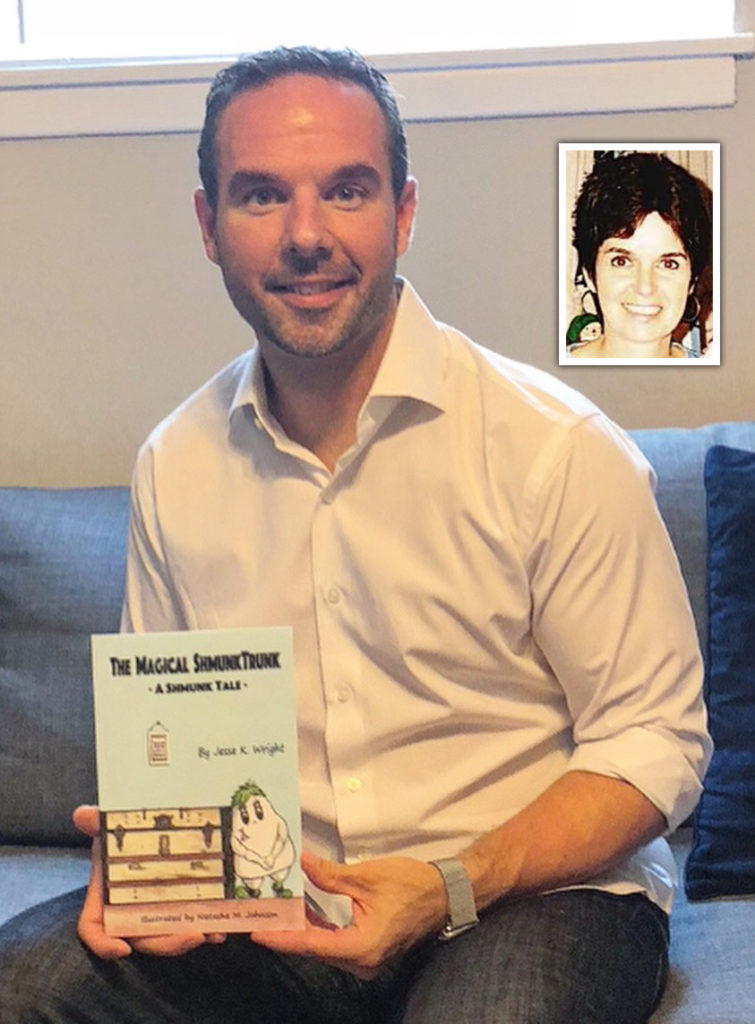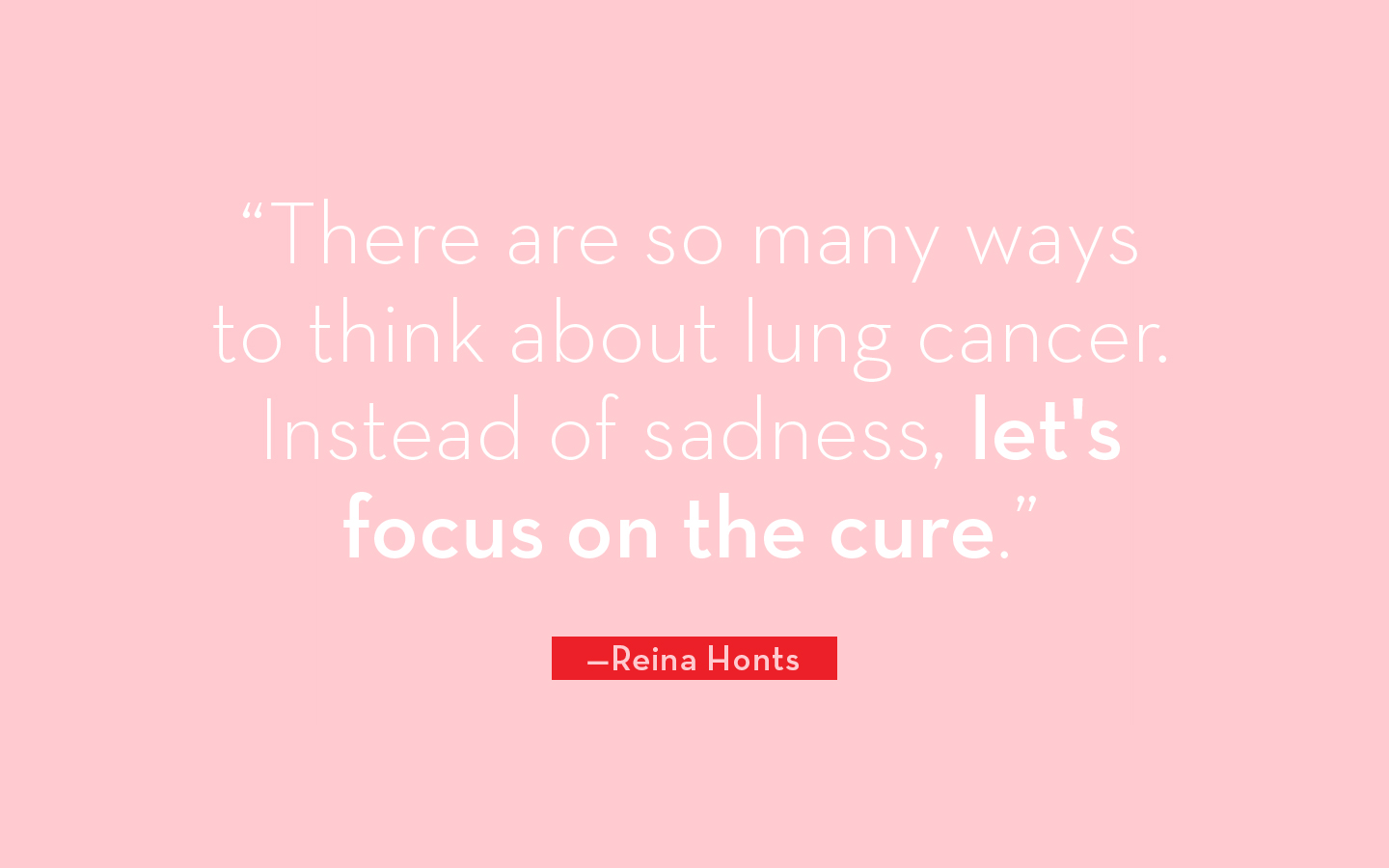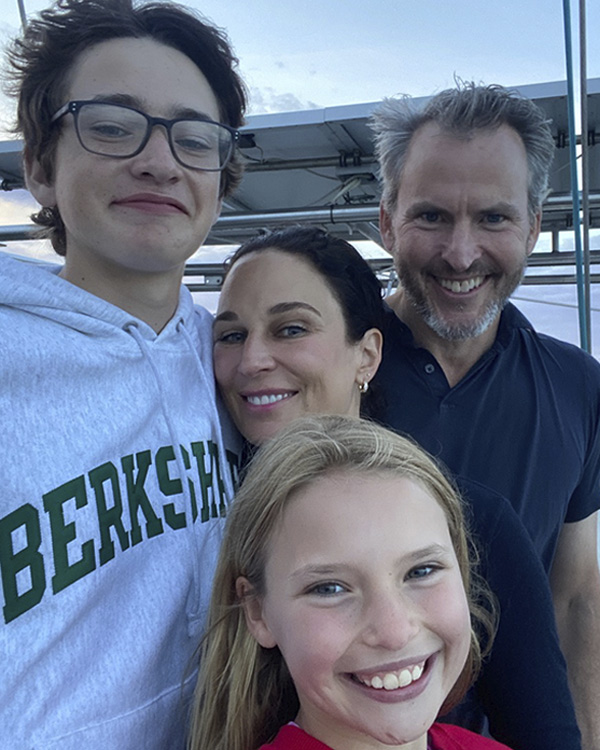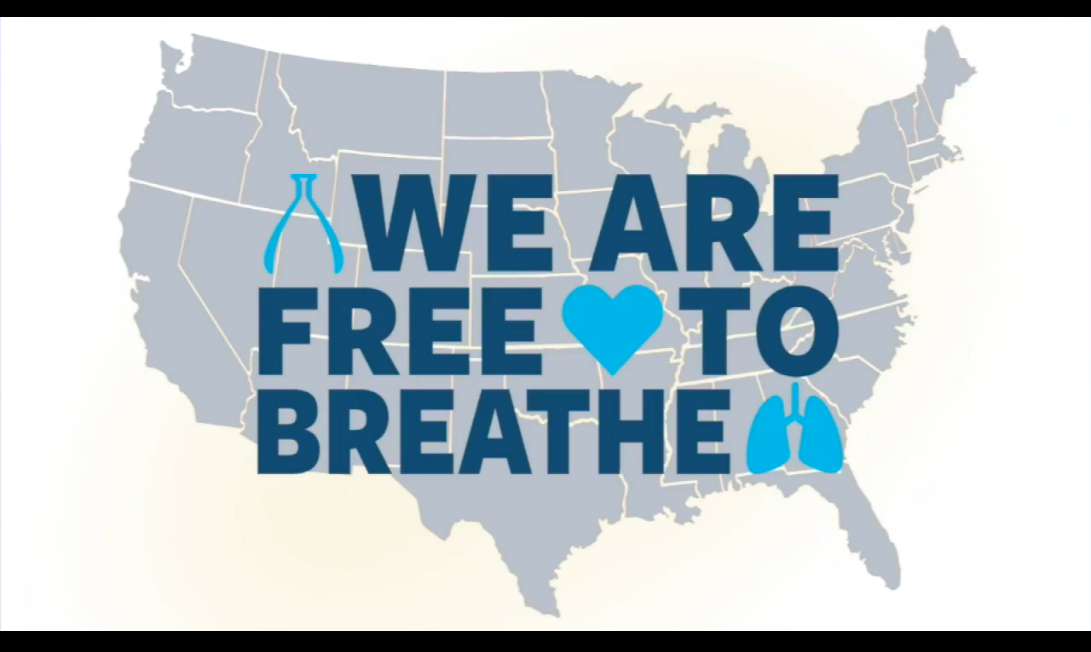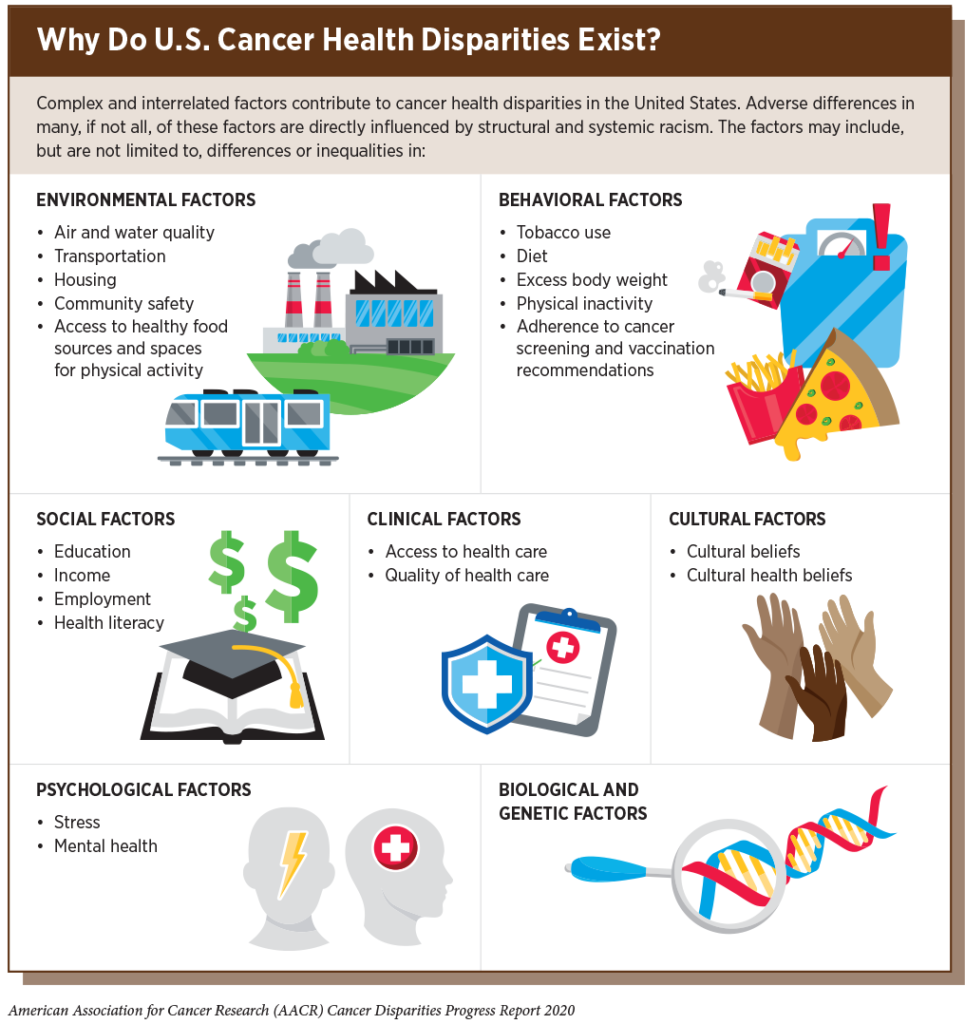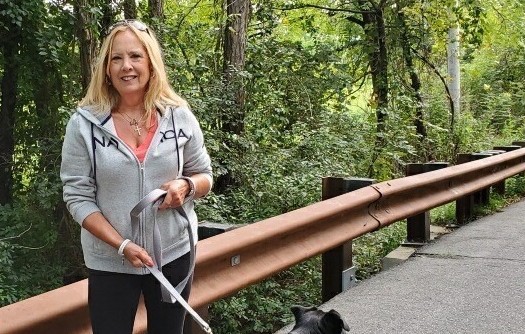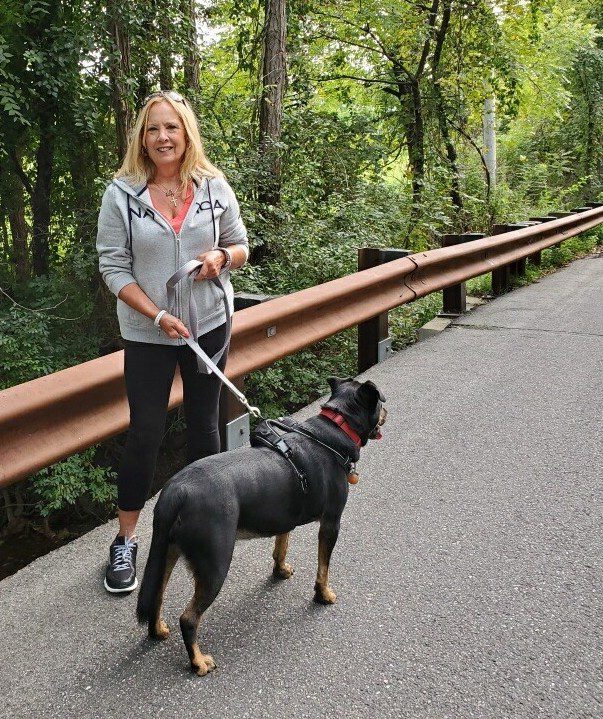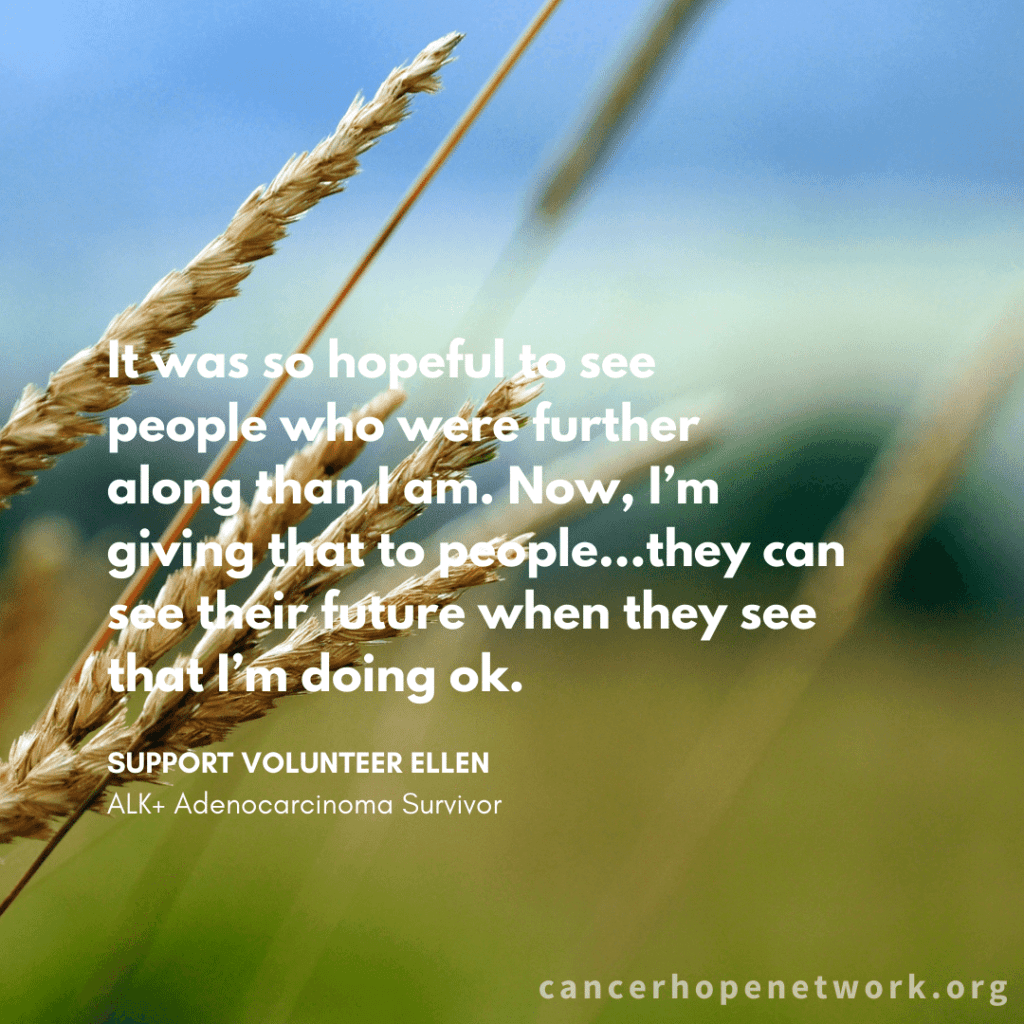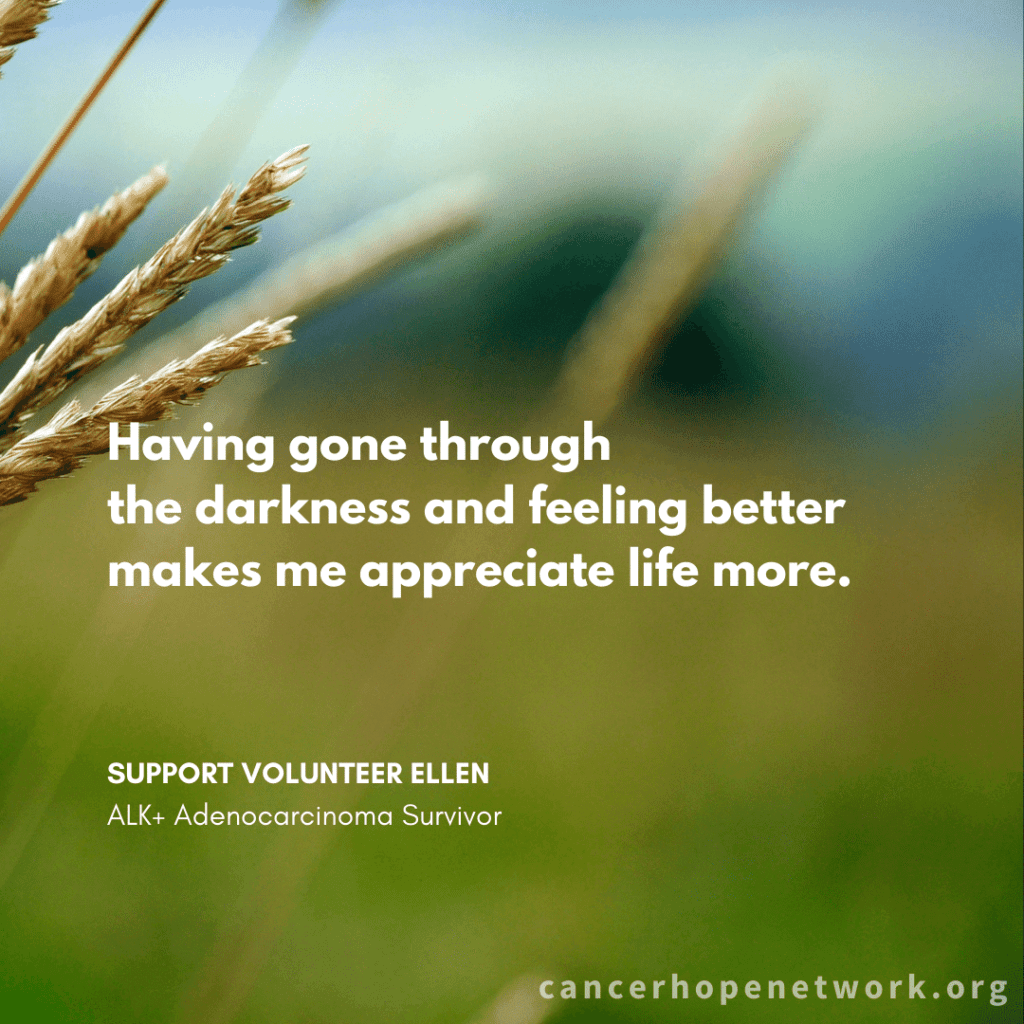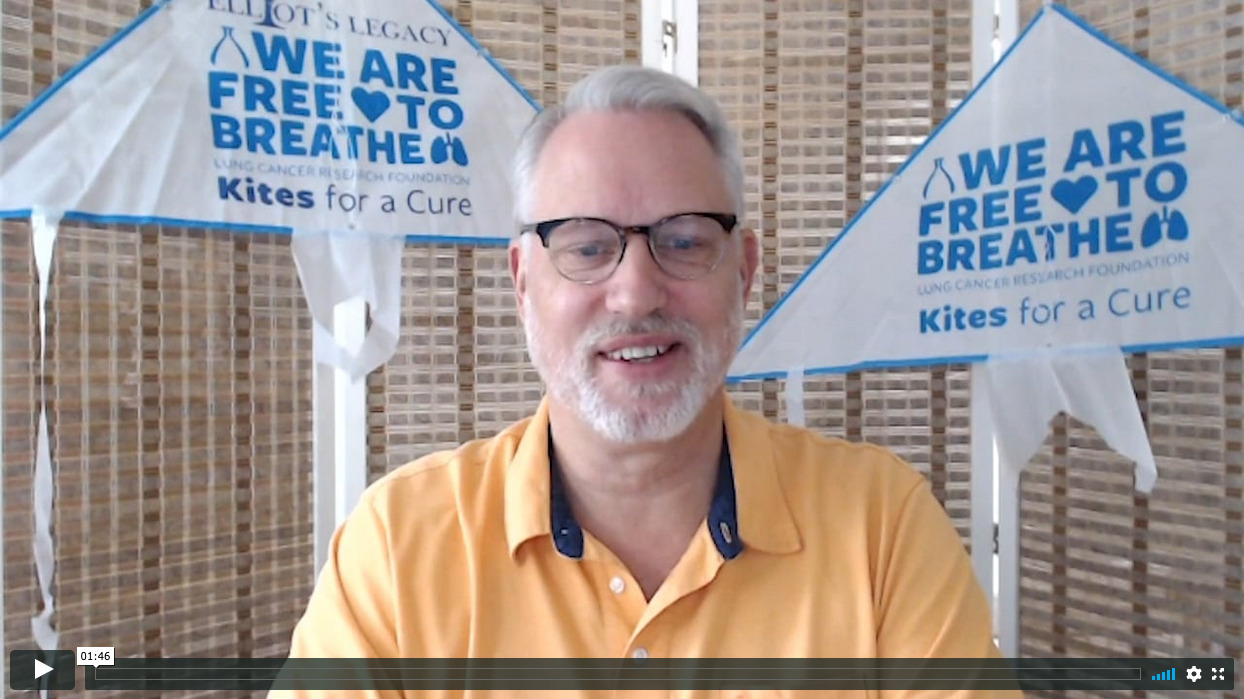By Sarah Miretti Cassidy, Director of External Affairs, Cancer Hope Network
Ellen’s commitment to patient advocacy is hard-won. A non-smoker, she was diagnosed with ALK + adenocarcinoma in 2016, following nearly 7 years of waiting and inconclusive tests. “I was under the care of a pulmonologist and an internist. I went to my spine specialist because of back pain and he noticed the nodule we’d been watching had grown. My diagnosis was an incidental finding.”
“I tell people now, if you have a nodule and they haven’t really followed up, don’t accept that. If you’re still concerned, insist that you go and have it checked again. I’m a perfect example of being told not to worry, that I’m low risk and a nonsmoker. Listen to the warning signs, go with your gut.”
Like so many others fighting lung cancer, Ellen’s diagnosis was met with a barrage of insensitive comments – from people telling her daughter “I didn’t know your mother smoked,” to the repeated assumption that Ellen had brought on her cancer fight because she’d “done something reckless.” Initially, she felt a need to defend herself: “I had lung cancer, but never smoked.” She is grateful that growing education has made those reactions less common. “Women who have breast cancer don’t make excuses or have to justify having cancer. Neither do I.”
Seeking connection
In the terrifying first days of her diagnosis and treatment with chemo and surgery, Ellen called Cancer Hope Network and was connected to two volunteers. Their conversations were helpful, but she wanted to connect with someone whose diagnosis mirrored hers more exactly. “I made a vow to myself that if I could get past that year, I wanted to give back and to make sure that someone else who felt the way I did in that moment would have someone who’d been there.”
Three years ago, she fulfilled that vow, completing training and making her first match. It’s a relationship that continues to this day. Other times, she’ll connect with a patient who only need a call or two to provide hope. She’s completed nearly 100 match visits with 11 clients.
“I feel a sense of satisfaction when I hang up and know they feel a little better,” she says. “Both of us are getting a lot out of it. I feel satisfaction being able to share my experiences and compare with theirs. We find out there are so many similarities. You can be so very different in personality or life circumstance, but there is a common element. Once we start talking, it’s very easy. There’s a flow.”
She recalls a CHN Volunteer celebration where she shared a table with a fellow lung cancer survivor who was 12 years post-diagnosis. “It was so hopeful to see people who were further along than I am. Now, I’m giving that to people. They’re just going through the beginning of it and they can see their future when they see that I’m doing ok.”
Providing practical support
By nature a worrier (“This is the worst possible thing to happen to a worrier!”), cancer was an opportunity for Ellen to reevaluate. “Now, I’m trying to take each day as it comes. Even with my doctors, I don’t want to get too much ahead of myself. When I’m feeling good, I embrace the happiness, I look forward to things. I try not to spend too much time thinking negatively because it affects me physically.”
She encourages her matches with a mix of practical suggestions (“Keep notes about treatments and tests and how you’re feeling in a book. It makes it easier to go back and remember. It helps you to focus on what’s most important when you’re with your oncologist. And it helps keep you from seeming like a hypochondriac when chemo brain has you forgetting what you’ve said.”). She also offers thoughts on the larger picture (“Anything traumatic you go through, hopefully you learn lessons for when things are better. One of the keys to my recovery was having people around lifting me up when I was down.”)
She’s focused on providing practical support when people are in need – answering and making calls to matches with the lightning speed of an expert realtor – and remembering that just checking in can make a big difference. “When I got sick, many of my friendships changed. People always say that you find out who your friends are when bad things happen. I didn’t think about it much until I got sick.”
Ellen was astonished when friends she’d considered close stepped away and encouraged as other, less “likely” friends stepped up to provide support and comfort. “I take my friendships more seriously now. I choose more carefully. I want to be with people that I enjoy being with, who I have found are my true friends.”
She’s found happiness, despite the trauma of diagnosis and treatment. “Everything is better now. Having gone through the darkness and feeling better makes me appreciate life more. People used to tell me ‘don’t sweat the small stuff’ and I found that easier said than done. Now, I have perspective when things start to bother me, when I start to get upset about things I don’t have control over, I remember how fortunate I am.”
“I’m really very happy that I volunteered. Some of my friends have asked if I think it’s helping me. I feel better helping someone. There’s a reason that it happened. I’m getting something out of it – I’m helping someone else.”
To learn more about volunteering, or to sign up for the join LCRF/Cancer Hope Network volunteer training session on October 12-13, contact Rachel DiQuattro at (908) 879-4039 or visit LCRF.org/CHN-volunteer.
